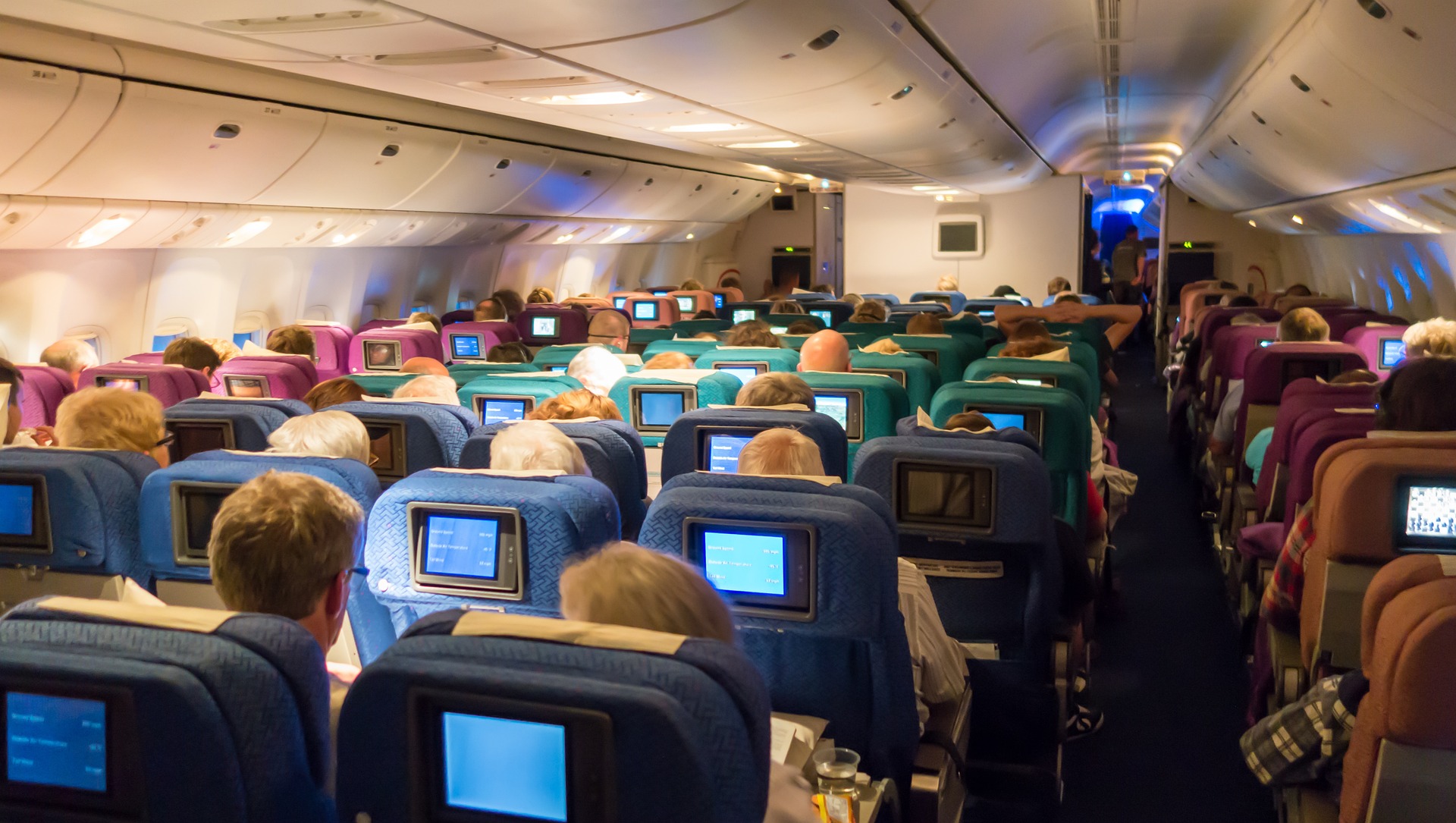
Sleeping on a plane, mission impossible you say - Here's a few tips for a good night or day sleep in the air - wtravl
Sleeping on a plane, mission impossible you say ? Here’s a few tips for a good night or day sleep in the air.
Sleeping on a plane. What a dumb idea. It’s never been done, no one has ever mastered the craft. Even after many hours in a plane, you can seem to find the good position to rest a bit. But there are solutions.
Just like in your home, the noise is what is likely what is going to help you NOT get to sleep. Wear noise-canceling headphones or earplugs. There are a lot on market nowadays, and some are pretty good.
According to science, crossing your legs will apply pressure to one side of your body. It can increase your chances of a blood clot on long flights. Keep both legs straight. Bend your knees a little. Don’t put your bags in the under seat area. Leave room for your legs, they need it.
The passenger behind you probably won’t be happy, but science indicate that leaning back to a 135-degree angle is the safest sleep position. It’s going to produce less pressure on the body and decreases blood clot risks. Don’t lean your chair completely, half is probably enough.
Just drink Water or tomato juice on a plane. Generally, it’s recommended for a good plane trip, but also if you want to sleep. Just let your body go, either for a nap or a longer sleep. Coffee will wake up feeling dehydrated.
Why not try and escape the plane… with your mind ? Close your eyes, and think of a place you like, where you feel comfortable and secure. The Beach, a prairie, a lake… anything can work. The brain has magical power and it can really help your body feel better in those situations.
Just like noise, light isn’t going to help you sleep. If closing your eyes is not enough, bring a sleeping mask to block out light. Usually, Flight attendants will close the light and ask for passengers to be calm during rest time, but it probably won’t be enough, with all the in flight entertainment, that produce a lot of light. So try those masks.
Anything to make you are in bed will help. Bed or flight socks can be very helpful. Your body will feel a bit warmer and help you get to sleep. It can be very cold in a plane when they turn off the lights. You can also bring your own little blanket. Something made of fleece. It will be light to carry but warm on you.
Reading can be a good solution to help you get to sleep. Forget movies, video games or your smartphone. Your brain is on high alert. Reading has the ability to calm your brain, and therefore, your body.
This website uses cookies.